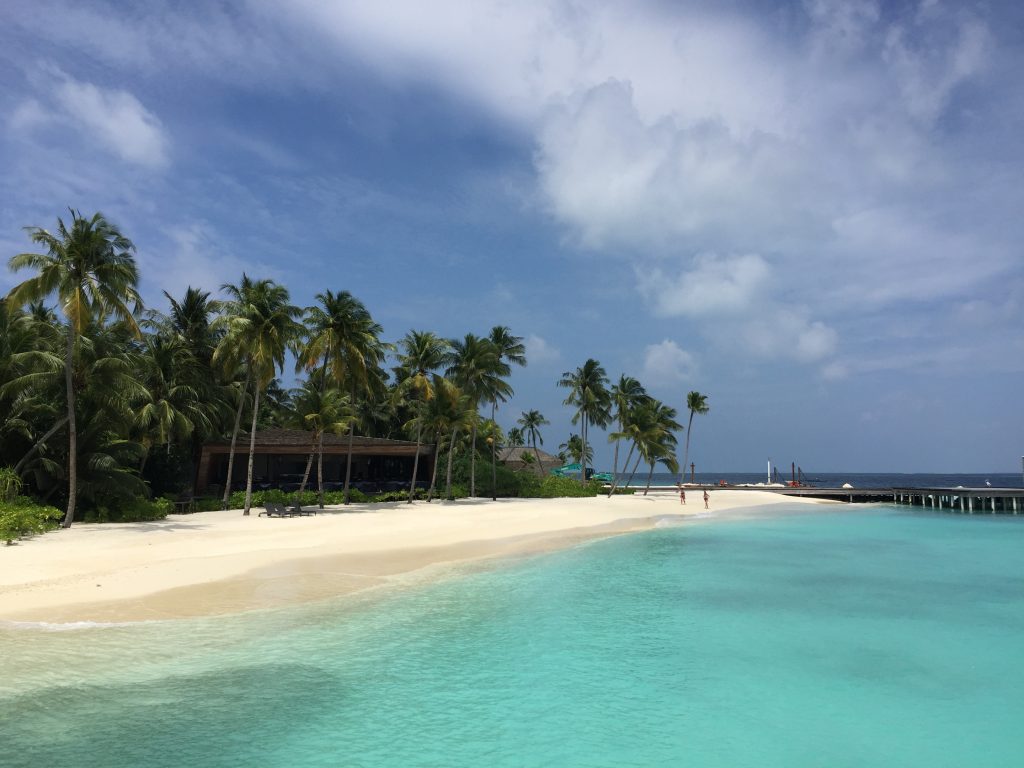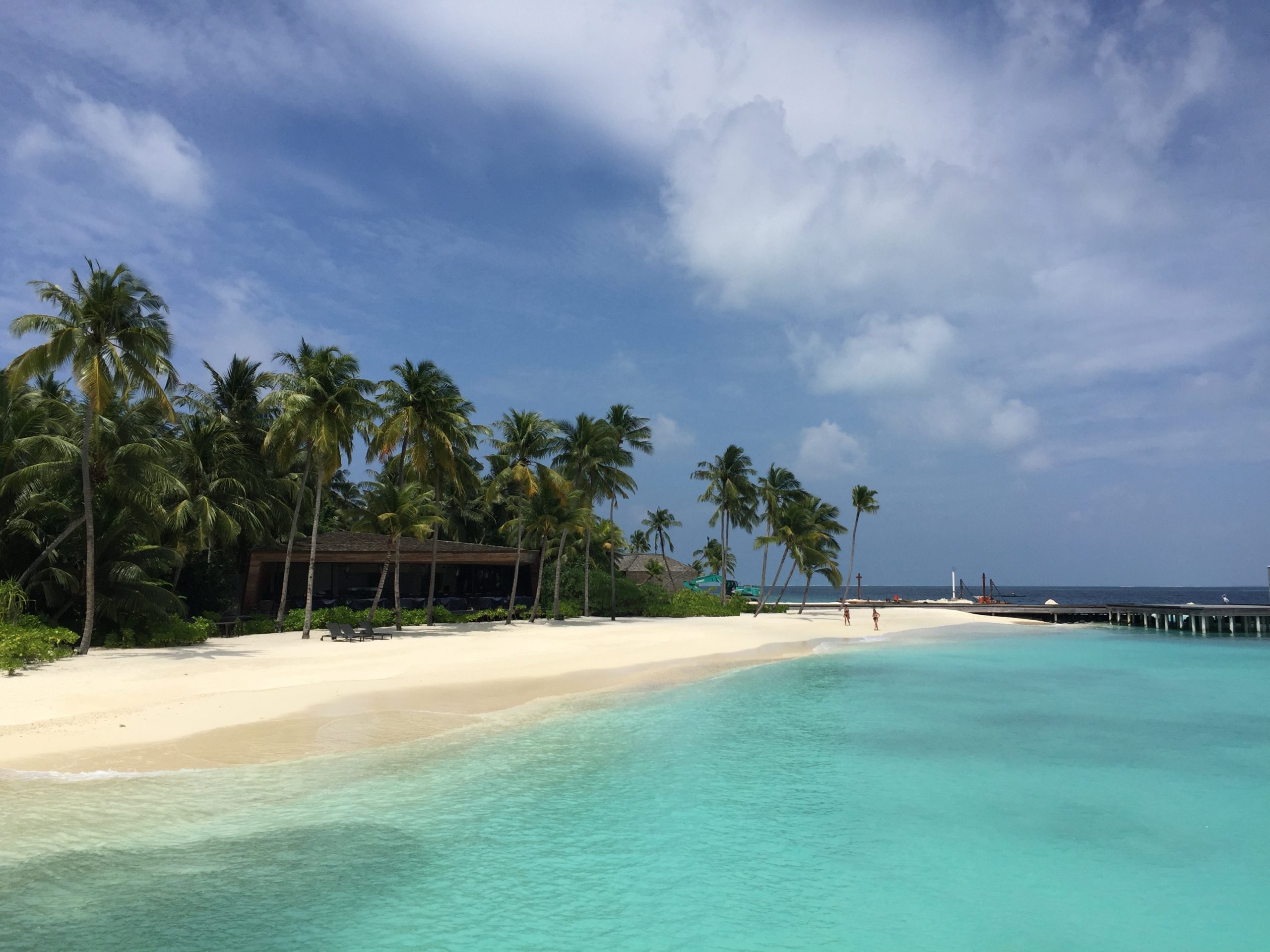
In 2005, when I was asked by an editor if I’d like to go to Maldives for a job, I confess having to look it up, unsure exactly where it was. I had no idea then, of course, that I’d be embarking on a long relationship with this unique and intriguing nation, which I now return to with fondness every few years. Like most people, I thought Maldives was just a luxurious honeymooner destination with gorgeous beaches and amazing weather, but little else to offer. Its unique geography (over 1000 coral islands formed on the top of ancient underwater volcanoes), infertile soil (all that grows here naturally are some tropical fruits, and all water must be sourced from underwater aquifers, there’s not a single river or stream in the country) and isolation (flying is the only way to get here) mean that the Maldivians are some of the hardiest and most tenacious people in the world. Devoutly Muslim, the population is extremely conservative and yet has slowly embraced change by electing to move from dictatorship to democracy twice over the past two decades, and it now has what’s almost certainly the most progressive leadership of any country in the Muslim world. I’ve been lucky to witness the transition, as the country has moved from a strict separation of the local population and international visitors – when I first came, it was illegal for foreigners to stay overnight on ‘local islands’ without a special visa, instead having to sleep in an expensive resort. Since the arrival of democracy, island tourism has exploded, with hundreds of affordable guesthouses now open, allowing backpackers to experience the real Maldives for the first time. This last trip, like the many before, was a bizarre combination of days going by speedboat between mind-blowingly luxurious resorts, being given tours of the latest additions, be they underwater restaurants, overwater spas or the personal waterslide to be found wrapped around each water villa at Soneva Jani, one of the dozens of new resorts aimed at the super wealthy that has been built in the past couple of years. The evenings would be somewhat simpler affairs – for me, at least – with an alcohol-free meal of spicy Maldivian hedhikaa (‘short eats’), a variety of traditional snacks made from a combination of the main locally available ingredients such as tuna, coconut, onions and chili. The days would be punctuated by the five daily calls to prayer, and with it pitch black by 6pm year-round, and Maldivian villages not exactly notable for nightlife, it was a trip full of early nights and early rising
